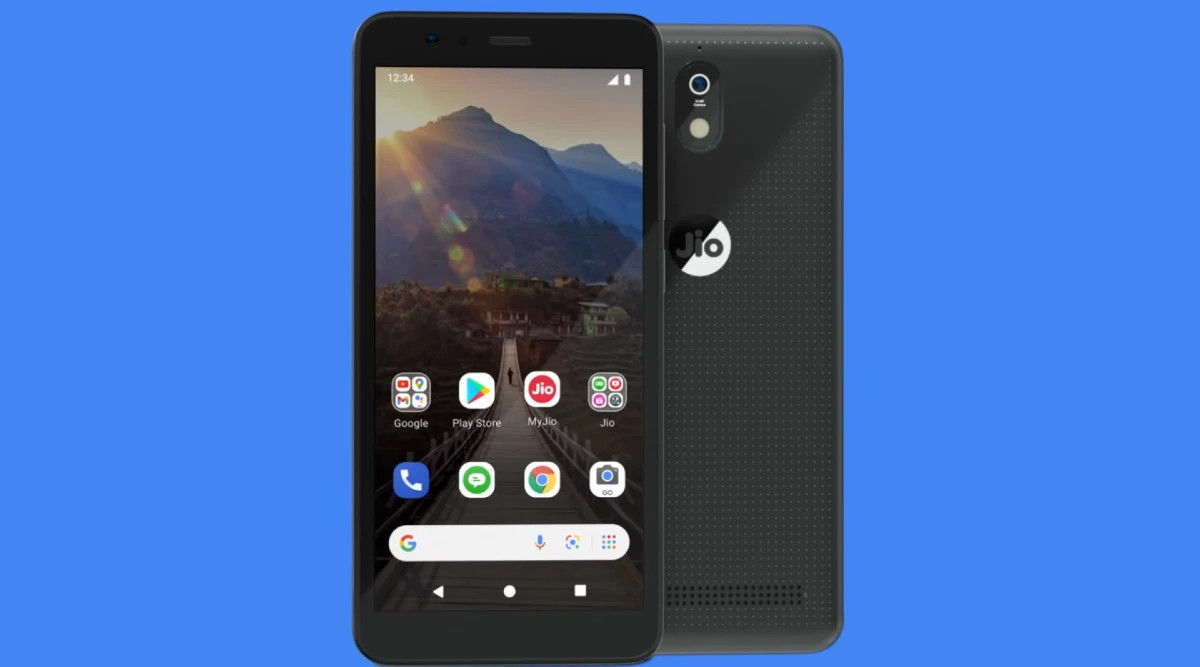Meta is turning WhatsApp into much more than a messaging app. At its annual Conversations 2025 event, held in Miami, the company unveiled three major upgrades to the WhatsApp Business platform, designed to make marketing easier, grow AI-driven customer support, and enable richer communication with customers through voice and video.
One of the biggest announcements was a centralised system for managing marketing campaigns across Meta platforms. Businesses can now create and manage campaigns for WhatsApp, Instagram, and Facebook in a single place via Meta’s Ad Manager.
Once a business uploads its customer list, it can either manually send WhatsApp campaigns or use Meta’s Advantage+ AI to automatically optimise spending and delivery across platforms, including new ad placements like the WhatsApp Status feature.
The move allows businesses to streamline marketing, especially when targeting repeat customers or offering limited-time deals.
The second major push is centred around AI-powered business assistants. These go beyond answering FAQs – WhatsApp’s AI can now deliver personalised product recommendations, help customers browse options, guide them through checkout, and even handle post-purchase follow-ups.
In other words, a customer can complete an end-to-end shopping journey entirely within a WhatsApp thread without switching to another app or website.
Meta says this particular tool is now expanding to more businesses in Mexico and will soon reach additional markets.
Story continues below this ad
The third and most significant change for customer support teams is the rollout of voice and video calling on the WhatsApp Business platform. Once customers opt in, businesses will be able to place or receive calls, helping people resolve their queries faster.
WhatsApp is also adding support for voice notes, which offers more flexible support experiences, especially in industries like telehealth, finance, and education. Meta has hinted this could lead to AI-powered voice support in the future.
(This article has been curated by Arfan Jeelany, who is an intern with The Indian Express)







